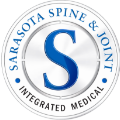Platelet Rich Plasma (PRP)
Use PRP for Accelerated
Healing
A Non-Surgical Option for
Musculoskeletal Injuries
According to the World Health Organization (WHO), musculoskeletal injuries are the most common cause of severe long-term pain and physical disability. Soft tissue injuries including tendon and ligament trauma accounts for 45% of all musculoskeletal injuries in the USA. For many years, our best option for treating musculoskeletal injuries, sprains and strains was to inject local (numbing) anesthetics and anti-inflammatory steroids into the affected area to reduce swelling and pain.
Over time, we have learned that although steroid injections can be helpful and effective, prolonged and repeated use may not be beneficial. Fortunately for our patients today, advances in science have allowed us to find new and targeted approaches to treating these kinds of injuries. Platelet-rich plasma or PRP is an “autologous blood therapy” that uses a patient’s own blood components to stimulate a healing response in damaged tissues. PRP provides an alternative to surgery by promoting safe and natural healing.
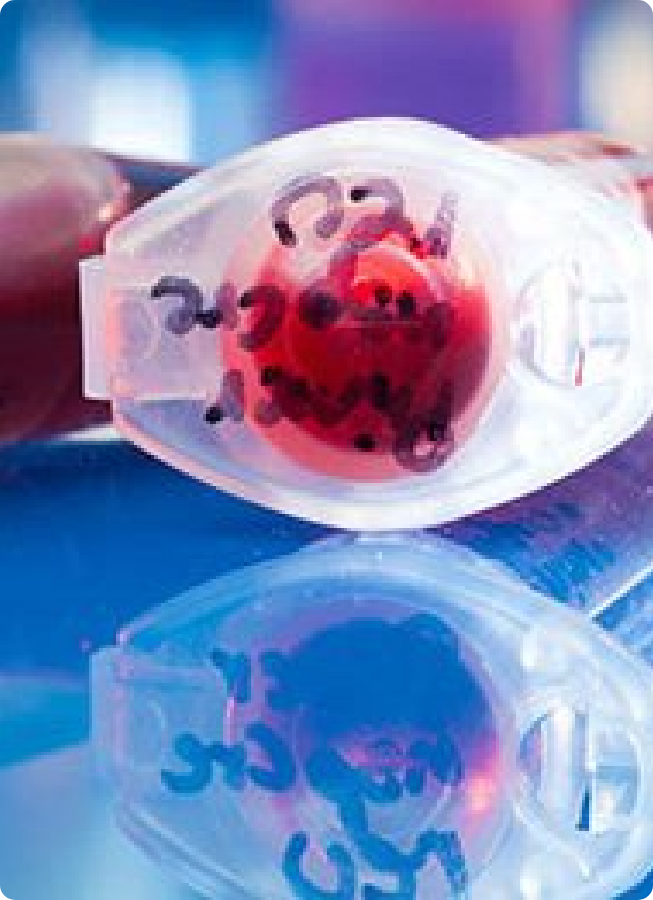
Prevent knee surgery with a simple in-office protocol
PRP is a therapeutic injection process for the growth, repair, and rehabilitation of connective tissue, such as shoulders, knees, hips, neck, back, etc. PRP therapy aides the body’s natural healing process by delivering a higher concentration of platelets, directly into the area of need. Platelet Rich Plasma involves drawing a sample of your blood, which is then placed in a centrifuge to isolate the blood platelets. This Platelet Rich Plasma (PRP) is precisely injected back into the area in need of repair, enhancing the healing process. The process has been shown to be safe and effective in treating the following common conditions:
Osteoarthritis of the Knee, Shoulder, Hip & Spine
Rotator Cuff Strains & Tears
Anterior Cruciate Ligament (ACL)
Back & Neck Injuries / Pain
Tennis Elbow
Tendonitis & Ligament Sprains
Chronic Knee Pain
Muscle Strains
How Does PRP Therapy Work?
To prepare the PRP injection, blood is drawn from the patient and is spun in a centrifuge at a high speed so that it is separated into is four components: red blood cells, white blood cells, platelets and plasma. At that point, some of the plasma is removed, and the remaining plasma is mixed back in with the platelets. This forms a very “platelet-rich plasma” solution which is then injected into and around the point of injury, jump-starting and significantly strengthening the body’s natural healing signal. Because your own blood is used, there is no risk of a transmissible infection and a very low risk of allergic reaction.
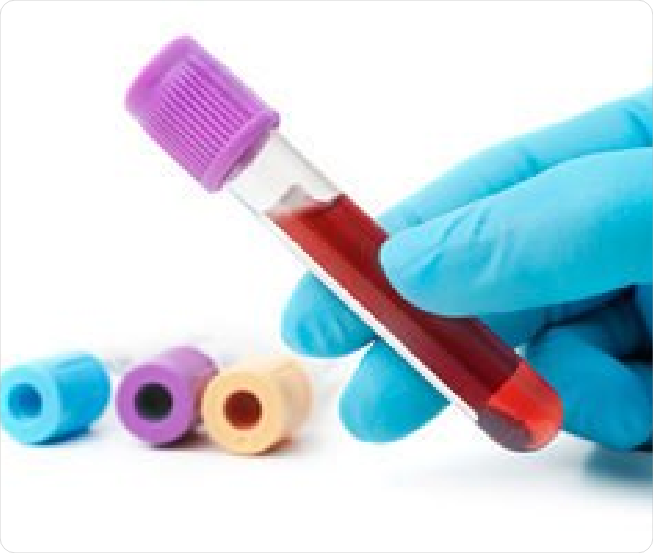
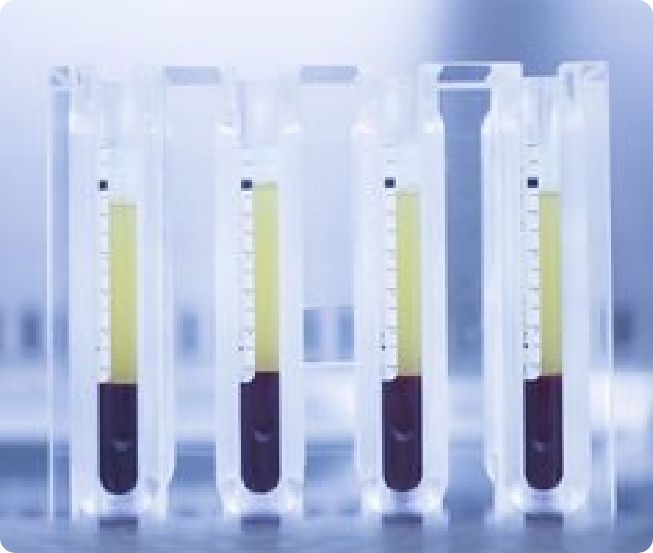
What Are the Expected Results?
Because the goal of PRP therapy is to resolve pain through healing, it could prove to have lasting results. Initial improvement may be seen within a few weeks, gradually increasing as the healing progresses. Research studies and clinical practice have shown PRP therapy to be very effective at relieving pain and returning patients to their normal lives. Both ultrasound and MRI images have shown definitive tissue repair after PRP therapy, confirming the healing process. The need for surgery can also be greatly reduced by treating injured tissues before the damage progresses and the condition is irreversible.
Is PRP Right for Me?
If you have a tendon or ligament injury and traditional methods have not provided relief, then PRP therapy may be the solution. The procedure is less aggressive and less expensive than surgery. It will heal tissue with minimal or no scarring, and alleviates further degeneration of the tissues. This process uses the patient’s own blood thereby eliminating any chance of rejection response. There will be an initial evaluation with your doctor to see if PRP therapy is right for you.
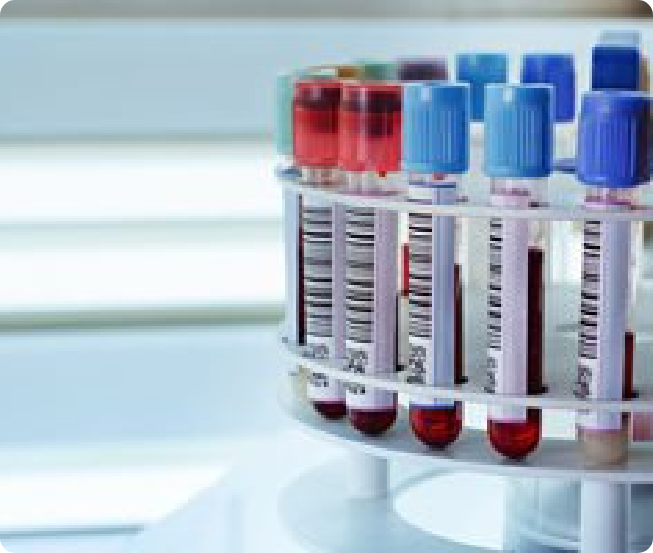
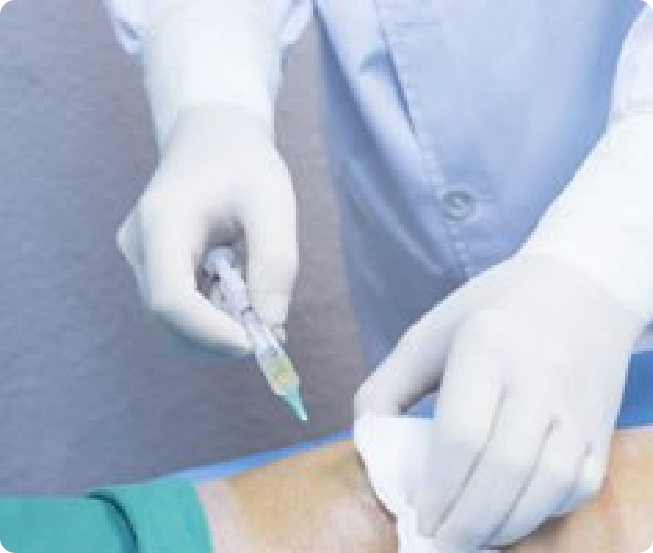
How Long Does it Take?
PRP therapy is a fast and painless procedure. All treatments are performed in office and takes approximately one hour, including preparation and recovery time. In fact, most people return to their jobs or usual activities right after the procedure.
